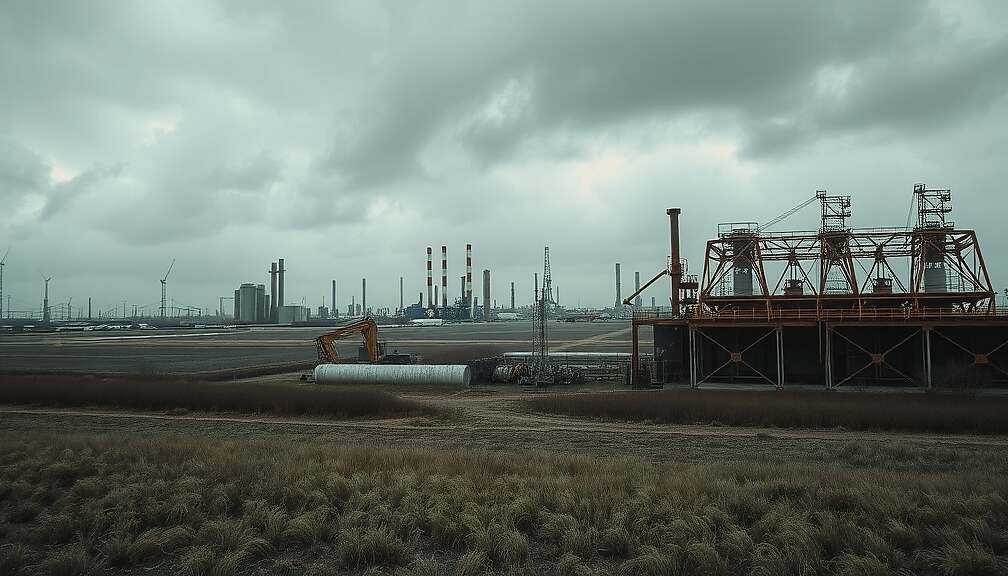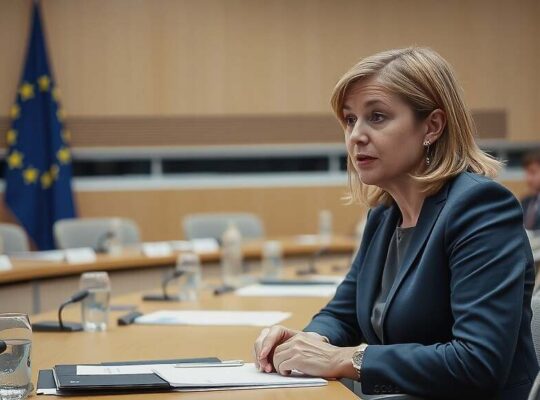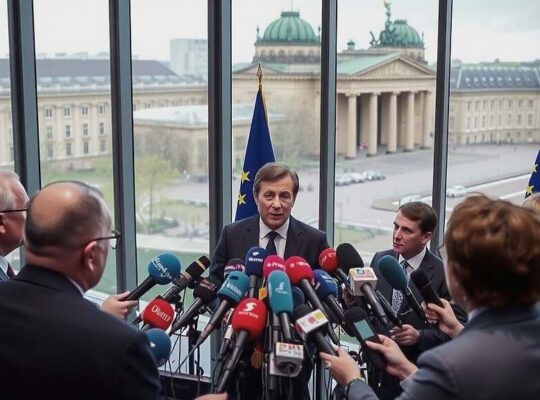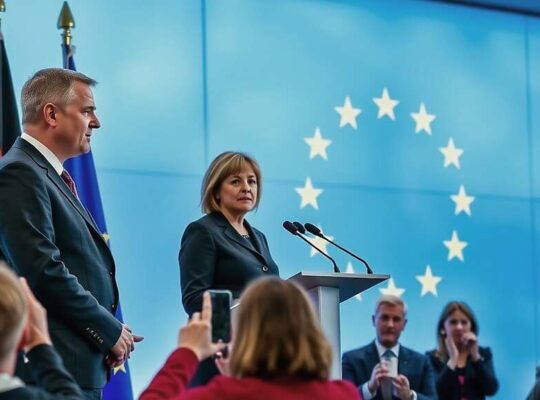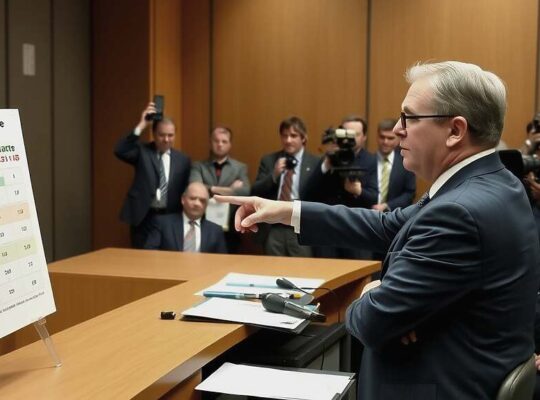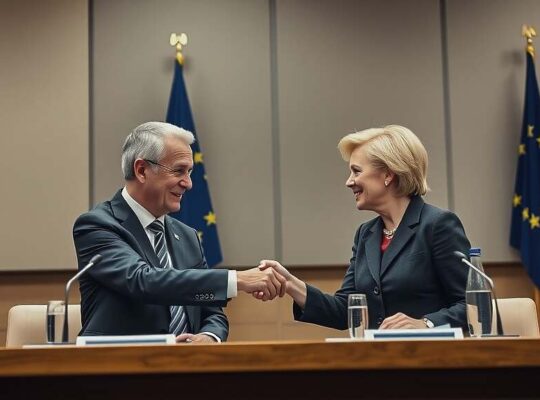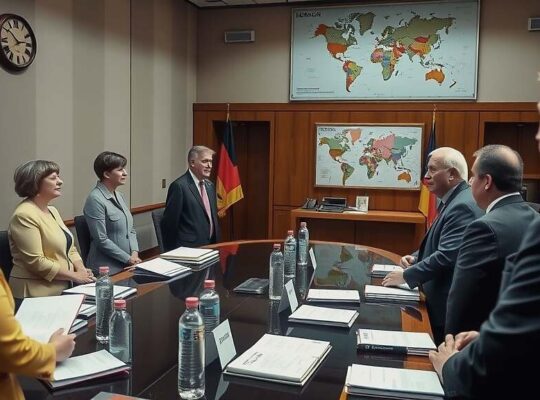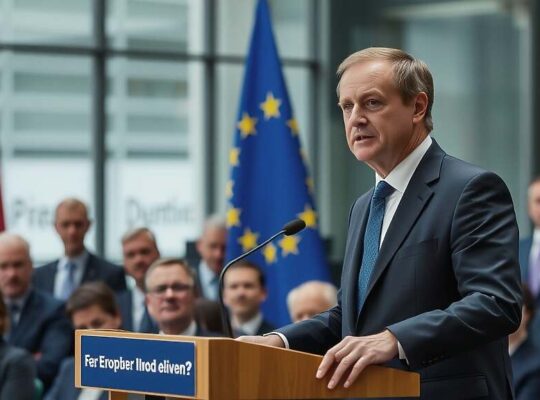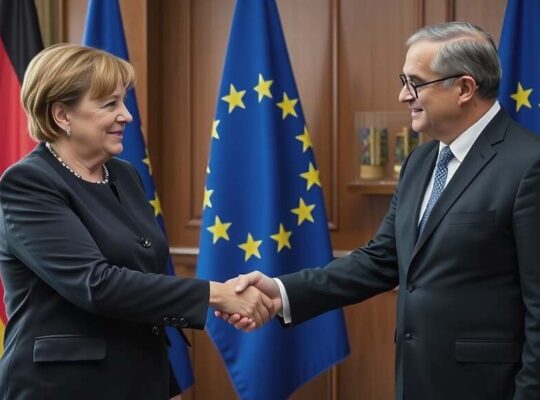A rift is emerging within Germany’s powerful chemical industry as the European Union’s intensified Emissions Trading System (ETS-1) sparks heated debate and dissenting voices. Markus Steilemann, president of the German Chemical Industry Association (VCI), has publicly rebuked industry leaders for what he deems overly aggressive criticism of the EU’s climate policy, warning against obstructing constructive dialogue.
The friction follows calls from prominent figures within the sector, including Christian Kullmann, CEO of Evonik Industries and Markus Kamieth, CEO of BASF, who have demanded a complete overhaul, or even abolition, of the EU’s carbon certificate trading program. Their concerns center on the escalating costs associated with complying with the stricter emissions regulations, particularly for energy-intensive operations.
Under the EU’s ETS-1 system, industrial facilities are obligated to purchase emissions allowances for greenhouse gas emissions. Previously, a portion of these allowances were freely allocated to companies, while the remainder was traded on the open market, with proceeds channeled towards climate mitigation efforts. The “Fit for 55” climate package, designed to steer the EU away from a trajectory of over four degrees Celsius of global warming, has significantly reduced this free allocation. To mitigate potential competitive disadvantages brought on by the stricter rules, the EU also implemented the Carbon Border Adjustment Mechanism (CBAM), effectively imposing a carbon tariff on imports of CO2-intensive goods.
While acknowledging the potential for economic hardship, Steilemann forcefully dismissed the calls for outright abolition as counterproductive. He points to the ETS’s demonstrable success in halving emissions within the chemical industry while production levels have simultaneously increased. “Passionate statements do not necessarily contribute to a factual debate” Steilemann stated, implicitly criticizing the increasingly vocal objections from his peers.
However, he conceded that adjustments to the system remain a valid conversation. Steilemann advocates for a “scalpel, not a blunt instrument” approach, suggesting targeted allowances for companies facing particularly challenging and costly transitions towards climate-friendly production methods. The internal division underscores the increasingly complex political landscape surrounding Europe’s climate ambitions, exposing a tension between environmental imperatives and the economic realities faced by key industrial sectors. The debate also raises questions over the long-term viability of the CBAM and its potential to disrupt global trade flows while furthering Europe’s climate goals.


